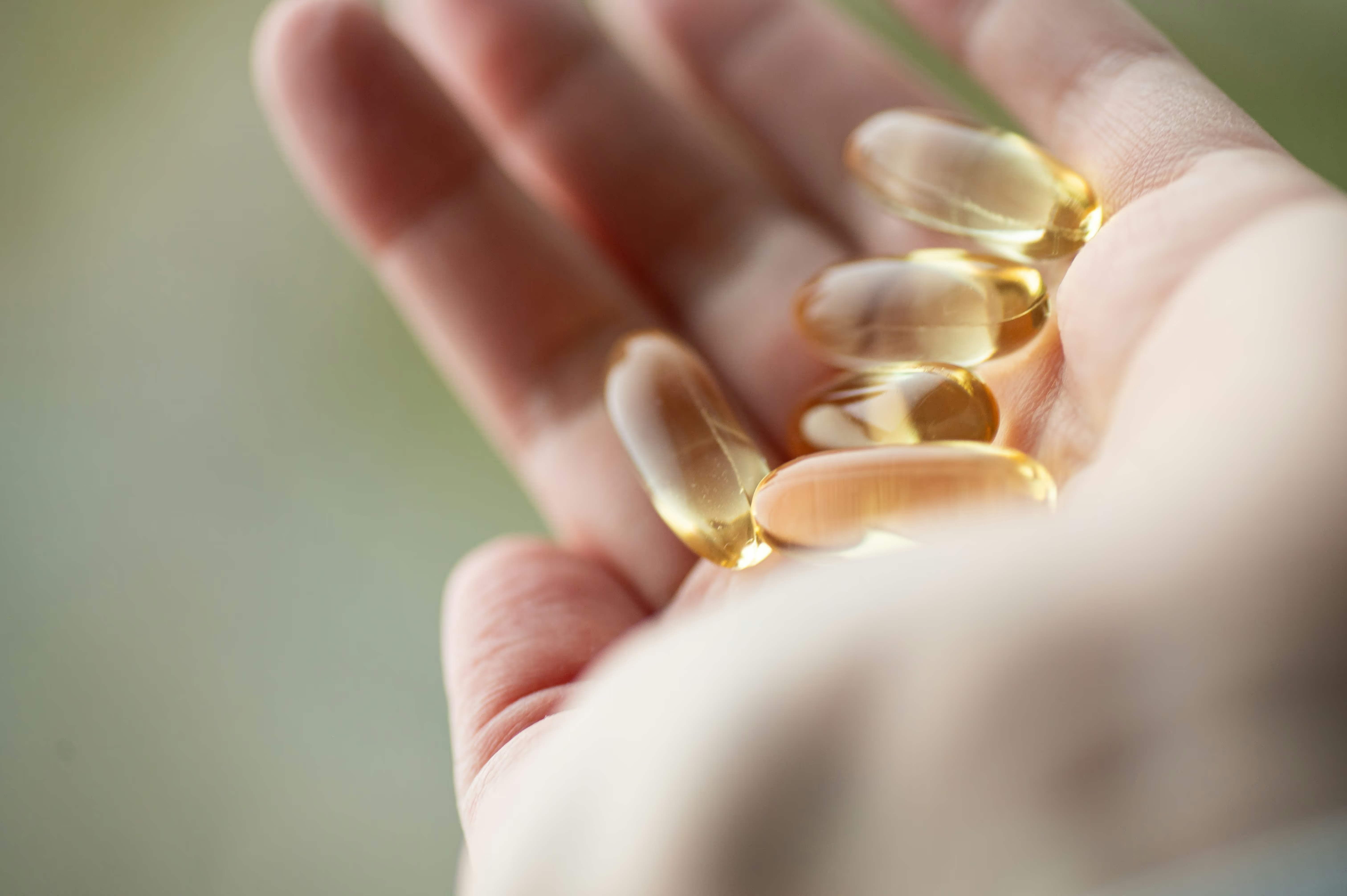For anyone struggling with low mood, brain fog or persistent fatigue, the solution might be well within your grasp.
In The Depression Cure, psychologist Dr. Stephen Ilardi outlines how specific lifestyle changes – including targeted nutrition – can significantly improve symptoms of depression. Two nutrients in particular – Vitamin D and Omega-3 fatty acids – have shown powerful benefits in clinical research.
Vitamin D, often called the “sunshine vitamin,” plays a critical role in regulating mood. According to Ilardi, many people with depression are deficient in Vitamin D, especially in northern climates. He recommends 1,000 to 2,000 IU daily, ideally with lab-confirmed monitoring. Supporting this, a 2020 meta-analysis in Critical Reviews in Food Science and Nutrition found that Vitamin D supplementation significantly reduced depression symptoms in people with low levels.
Omega-3s, particularly EPA (eicosapentaenoic acid), are essential fats found in fish oil that support brain function and reduce inflammation – two major contributors to depression. Ilardi recommends at least 1,000 mg of EPA daily, separate from DHA, as this is the dose used in clinical trials. In fact, some studies show that high-EPA fish oil is as effective as antidepressants for people with mild to moderate depression .
Both nutrients are safe and inexpensive, making them valuable tools – especially for those looking to avoid or supplement medication. While not a standalone treatment, incorporating high-quality Omega-3 supplements and sufficient Vitamin D can be a meaningful step toward emotional balance.
Always consult with a healthcare provider before starting new supplements, especially if you’re currently on medication. But for many, these small changes can lead to big improvements.
Sources:
The effect of vitamin D supplementation on primary depression: A meta-analysis
Omega-3 fatty acids and major depression: A primer for the mental health professional









